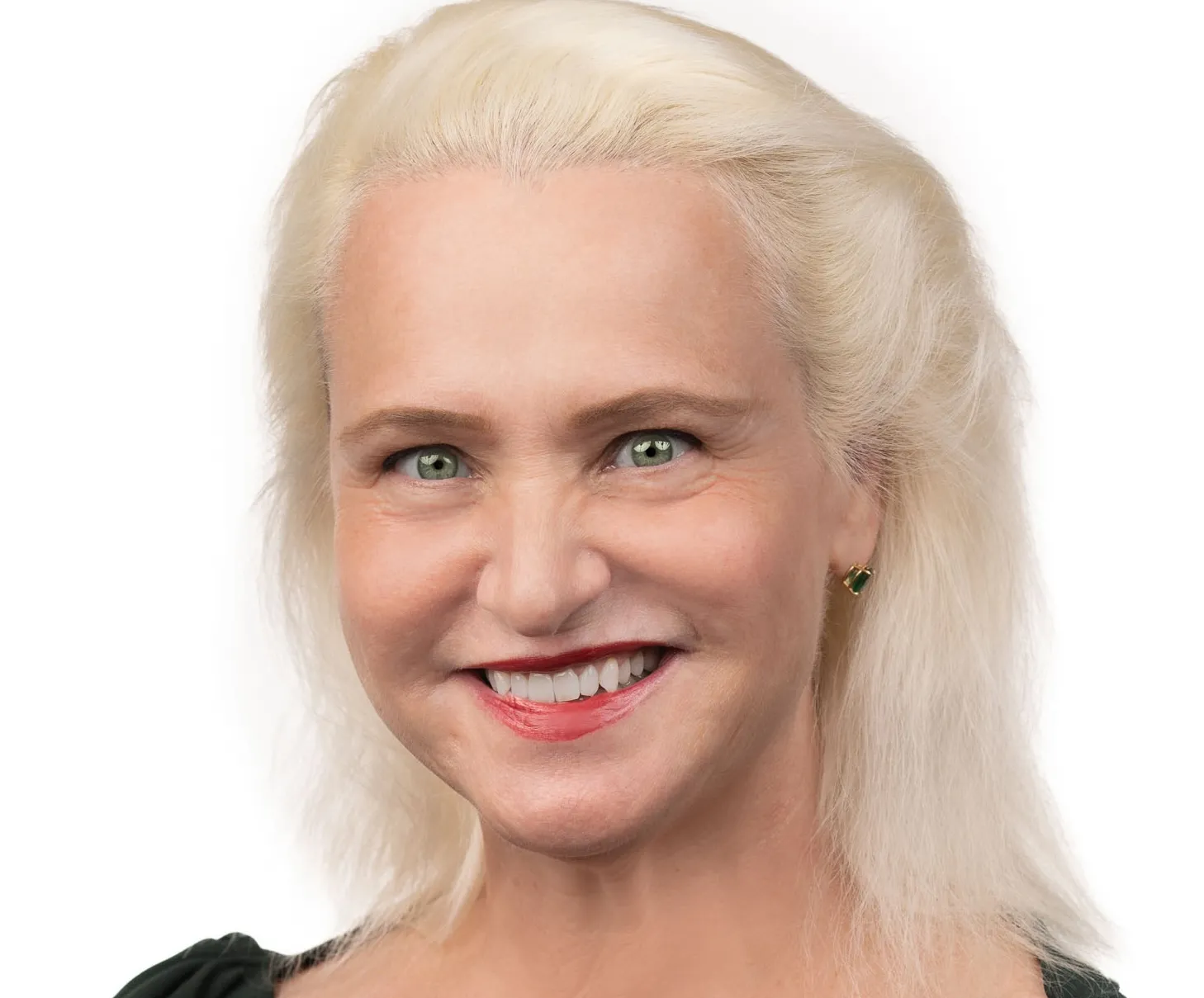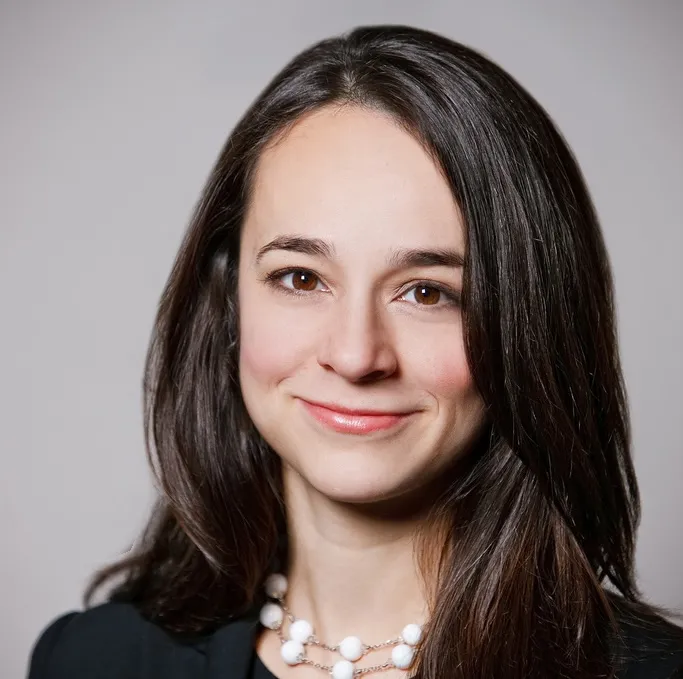Matthew Prince '00: Internet Entrepreneur’s Company Supercharges Websites

“We’re building a better version of the internet,” Matthew Prince, ’00, says about CloudFlare, the company he cofounded and leads as CEO.
Since CloudFlare’s 2010 launch, more than a million users around the world, from individual bloggers to major universities, giant companies, and national governments, have signed up for its services. Access to those users’ websites is routed through CloudFlare’s global network of data centers, and CloudFlare’s technology makes those websites run much faster (twice as fast, on average, as conventional internet traffic), fiercely protects them from attacks, and decreases the resources required to operate them. No hardware or software changes are necessary; the switch into CloudFlare’s network normally takes less than five minutes to accomplish.
The Wall Street Journal named CloudFlare the most innovative network and internet technology company of 2011—and then the company earned the same honor again in 2012, marking the only time any company has won it twice. Prince has also now twice attended the World Economic Forum as one of its 25 honored technology pioneers.
In 2012, CloudFlare served 679,237,127,874 page views and thwarted 281,701,624,076 threats. Approximately 1.3 billion internet users passed through the company’s network—well over half of the internet’s total user population.
CloudFlare’s big numbers contrast dramatically with the number of full days Prince has worked as a paid attorney since he graduated from the Law School: none. After graduation, he got sidetracked away from the law firm job he had accepted into a high-tech startup with the brother of a Law School professor. He remained with that company until it was sold, then taught at a law school, and then started a new company, Unspam, from which he took a sabbatical from 2007 to 2009 to attend Harvard Business School. He started CloudFlare in 2009 as a business school project with a classmate and one of the early members of Unspam’s engineering team.
Noting that his nontraditional career path is not as unusual as it might seem for a graduate of the Law School, Prince recalls a recent get-together with four classmates, none of whom was working as a lawyer—one is a top aide to a state governor, one is a development officer, one works in a nonattorney capacity at the White House, and the other teaches high school. “I had the good fortune to attend a great college and a top business school,” Prince says, “but I can’t imagine that there’s anything like a Chicago Law School education to prepare you to do practically anything you choose. You’re going to come away with an incredible set of critical reasoning skills that are useful anywhere.”
“It’s also very valuable for any entrepreneur to know the law, for two reasons,” he adds. “One is obvious—the law is important at virtually every growth stage—but the other is less obvious and just as useful: it’s very important to be unafraid of the law, to know what threats and potential legal challenges are baseless and shouldn’t cause you to change what you are doing or planning to do.”
He mentions that Unspam, which created the email equivalent of telephone do-not-call lists, was the target of a lawsuit from a pornography industry group alleging that blocking its spam emails constituted a First Amendment violation. “I knew that we were in the right on that one, and I was confident that Geof Stone and Cass Sunstein would stand right beside me in saying so,” he recalls.
CloudFlare is much in the news these days, not only for its business and technological accomplishments but because of its role in protecting speech rights and other important national interests. When the Wikileaks website was attacked and brought down by hackers, it turned to CloudFlare to protect it. When government hackers targeted the websites of some dissident African journalists, CloudFlare worked with the Committee to Protect Journalists to keep the sites online. When Syria’s government sabotaged the internet, CloudFlare’s experts were able to detect how that had been done and inform the world. And when Israel and Hamas were engaged in armed conflict, each side was also launching cyberattacks against the other; when they both became CloudFlare customers, the attacks were thwarted.
“The better internet we’re building is not only faster and less costly, it’s also safer and more open for the free expression of ideas,” Prince observes. “And that’s all pretty thrilling.”


